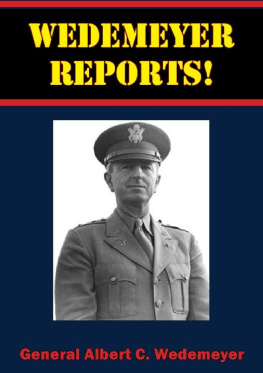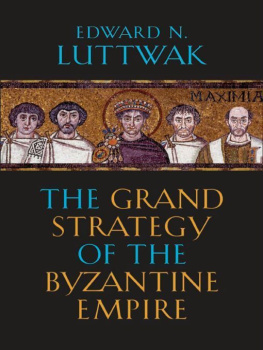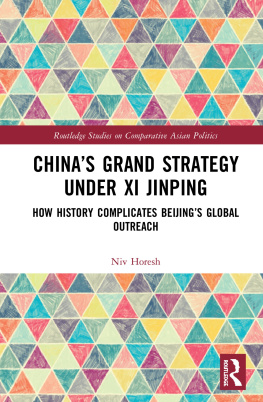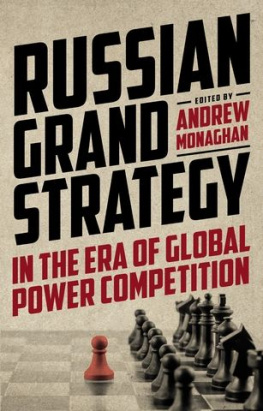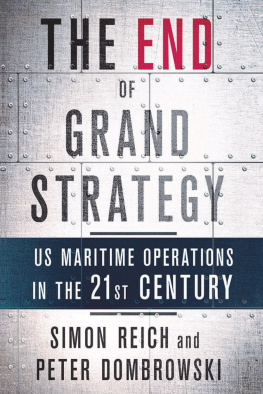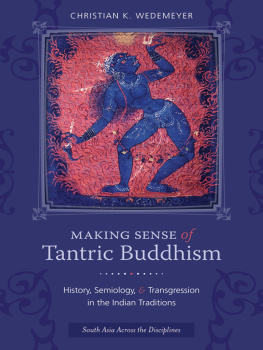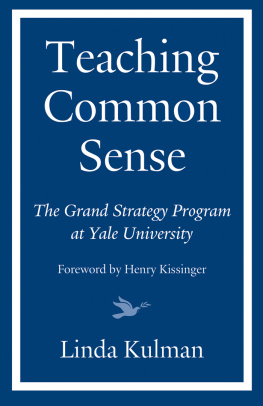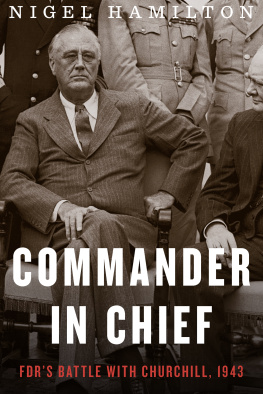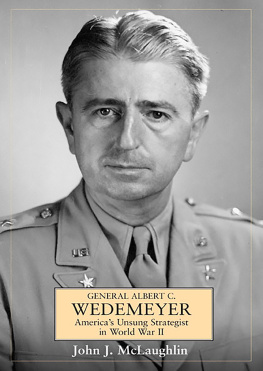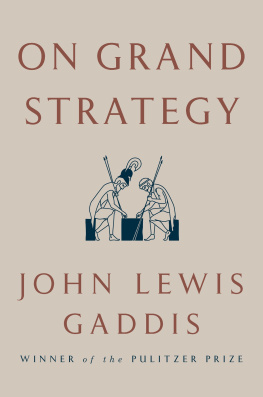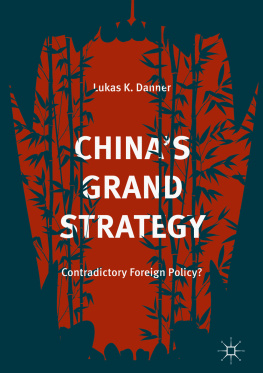WEDEMEYER REPORTS!
GENERAL ALBERT C. WEDEMEYER

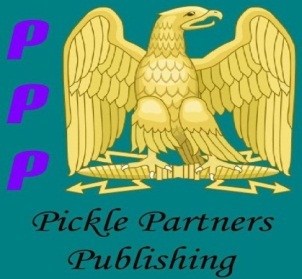
This edition is published by PICKLE PARTNERS PUBLISHINGwww.picklepartnerspublishing.com
To join our mailing list for new titles or for issues with our books picklepublishing@gmail.com
Or on Facebook
Text originally published in 1958 under the same title.
Pickle Partners Publishing 2015, all rights reserved. No part of this publication may be reproduced, stored in a retrieval system or transmitted by any means, electrical, mechanical or otherwise without the written permission of the copyright holder.
Publishers Note
Although in most cases we have retained the Authors original spelling and grammar to authentically reproduce the work of the Author and the original intent of such material, some additional notes and clarifications have been added for the modern readers benefit.
We have also made every effort to include all maps and illustrations of the original edition the limitations of formatting do not allow of including larger maps, we will upload as many of these maps as possible.
TABLE OF CONTENTS
Contents
DEDICATION
For
Mr. Thomas A. OHara
and
The late Dr. Merrill Moore
Our God and soldiers we alike adore
Evn at the brink of danger: not before;
After deliverance, both alike requited,
Our gods forgotten, and our soldiers slighted.
-FRANCIS QUARLES
FOREWORD
The Second World War, says historian Walter Millis, was administered. Since administration presupposes a comprehensive plan, this, as I take it, means that special efforts had to be made to see the war whole. As a war planner in Washington from 1940 into 1943 I was intimately involved in an attempt to see the war wholeand even after I had moved on to Asia, where I served successively on Lord Louis Mountbattens staff in India and as U.S. commander in the China Theater, I was still close to the problems of adapting Grand Strategy to a conflict of global dimensions.
It was inevitable, then, that the subject of Grand Strategy should predominate in this book. I was not deprived of my own share of war experience from close up, but my most strenuous battles were those of the mindof trying, as we in Washingtons planning echelons saw it, to establish a correct and meaningful Grand Strategy which would have resulted in a fruitful peace and a decent postwar world.
There were many obstacles in the way of developing a meaningful strategy, of assuring that our abundant means, material and spiritual, would be used to achieve worthy human ends. First, there was the pervasive influence of the Communists, who had their own plans for utilizing the war as a springboard to world domination. Second, there was the obstinacy of that grand old man, Winston Churchill, who, as we soldiers felt, could never reconcile his own concepts of Grand Strategy with sound military decisions. Because we had to contend with the machinations of Stalin on the one hand and with the bulldog tenacity of Churchill on the other, this book has had to be harsh in some of its personal assessments. But I hope I have made it plain that none of my judgments is personal in the ordinary connotation of the word.
My acknowledgements of aid in maturing a point of view would, if set down here, go back far into my past and take up all too many pages. But I wish especially to thank the late George Creel, Woodrow Wilsons World War I Administrator of War Information, for many hours of sage conversation and advice. I wish also to thank John Chamberlain for editorial aid in reducing the manuscript to manageable proportions, and Freda Utley for editorial help. Further thanks must go to Alice M. Miller, who has been in charge of the files of the Armys War Plans Division for many years; to the personnel of the Military History Division of the U.S. Army, Colonel Douglas G. Gilbert and Israel Wice; to Sherrod East and Wilbur J. Nigh from the National Archives and Records Service; to the Armys Record Section; to Elaine Hill; and to Elaine Mauser, Katherine Moore, and Edna Moore for help in preparing the manuscript for the press. Finally, I owe more than I can express to all the members of my family who have patiently borne with me the trials and tribulations of a neophyte author. My friend, C. D. Batchelor, the distinguished artist, has provided illustrations for this book as well as advice and sage counsel.
I am conscious that I have not paid a deserved tribute to scores of comrades-in-arms who worked with me in Washington, India, and the China Theater. I hope to make amends later for this in a book devoted especially to the Far East.
A. C. W.
CHAPTER I PRELUDE TO WAR
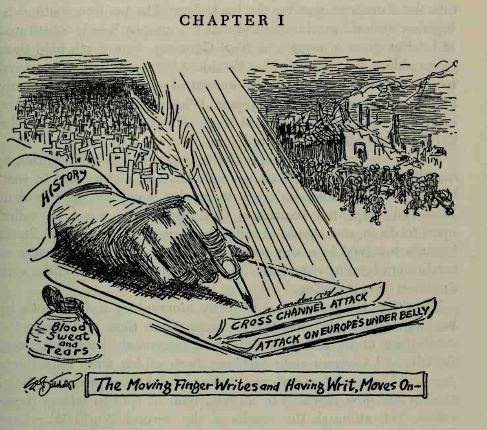
PEARL HARBOR brought an abrupt and inconclusive end to the Great Debate between the interventionists and the isolationists. There could no longer be any question whether to fight or not to fight, once America had been attacked. We were now, willy-nilly, engaged in combat in the Pacific, and Germany, by declaring war on us in support of her Japanese ally, shut off any opposition to our intervention in the European struggle. The America Firsters henceforth joined in the war effort as ardently as the Britain Firsters and the Russia Firsters. The fact that Japans attack had been deliberately provoked was obscured by the disaster at Pearl Harbor and by the subsequent loss of the Philippines, where the American garrison was regarded as expendable by an Administration bent on getting us into the European war by the back door. The noninterventionists, together with those who realized that Communist Russia constituted at least as great a menace as Nazi Germany, henceforth held their peace although well aware that President Roosevelt had maneuvered us into the war by his patently unneutral actions against Germany and the final ultimatum to Japan. Whatever ones views on the origins of the war, we now had to go all out to win, and leave the debate to the historians of the future.
Today, seeing the wreckage of the hopes which led America to mobilize her great industrial strength for total victory and to send her sons to fight and die again in foreign wars, despite President Roosevelts repeated assurances that they would never be called upon to do so, one should examine how and why the United States became involved in a war which was to result in the extension of totalitarian tyranny over vaster regions of the world than Hitler ever dreamed of conquering.
Thanks to the publication of many biographies and memoirs by leading actors in the most tragic drama of our time, and also to the revelations to be found in published documents from American, British, and German state archives, facts which were only dimly perceived by noninterventionists in the fateful years preceding Pearl Harbor are now revealed to all who read or care to inform themselves. Yet, although the results of the Second World War have proven far more harmful to our security, there has as yet been no era of debunking such as followed the 1914-18 war. In the twenties, the public on both sides of the Atlantic was disillusioned concerning the origins, causes, and consequences of that conflict by a flood of books, articles, and speeches exposing the facts which contradicted wartime propaganda. Within less than a decade the myth of sole German war guilt had been shattered, the real causes of the war uncovered, and the evil consequences of the punitive Versailles Peace Treaty recognized. But today, many years after the fighting ended only to be succeeded by the cold war with our former gallant ally, the Union of Soviet Socialist Republics, there has been no comparable probing into the real causes of the war or general recognition that the present perilous world situation is largely of our own making.
Next page
